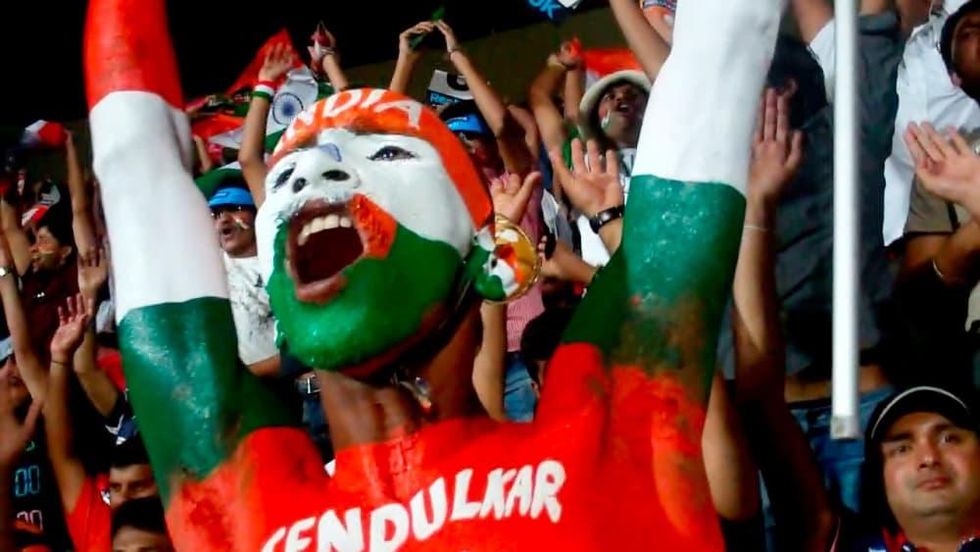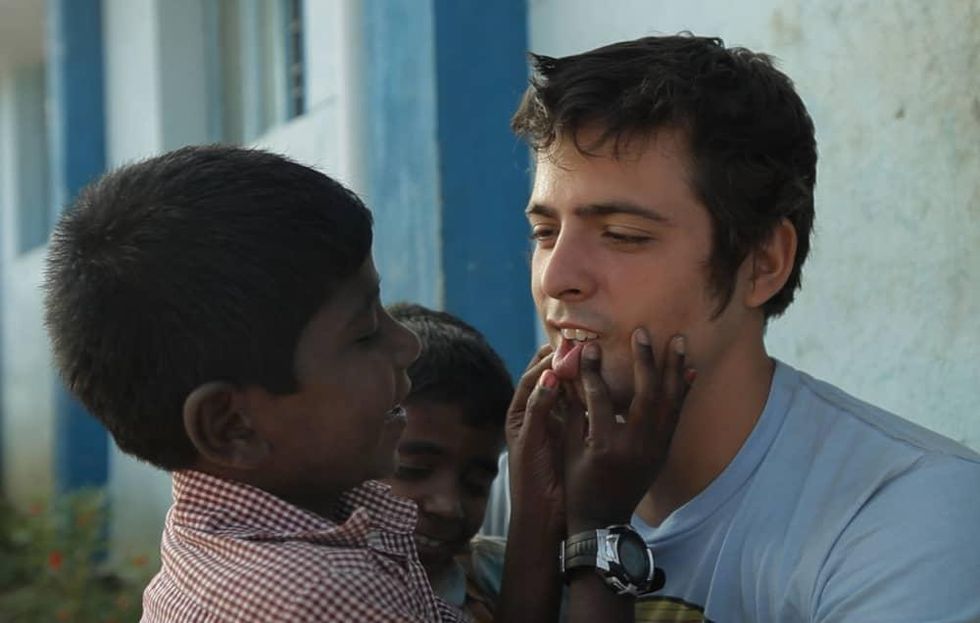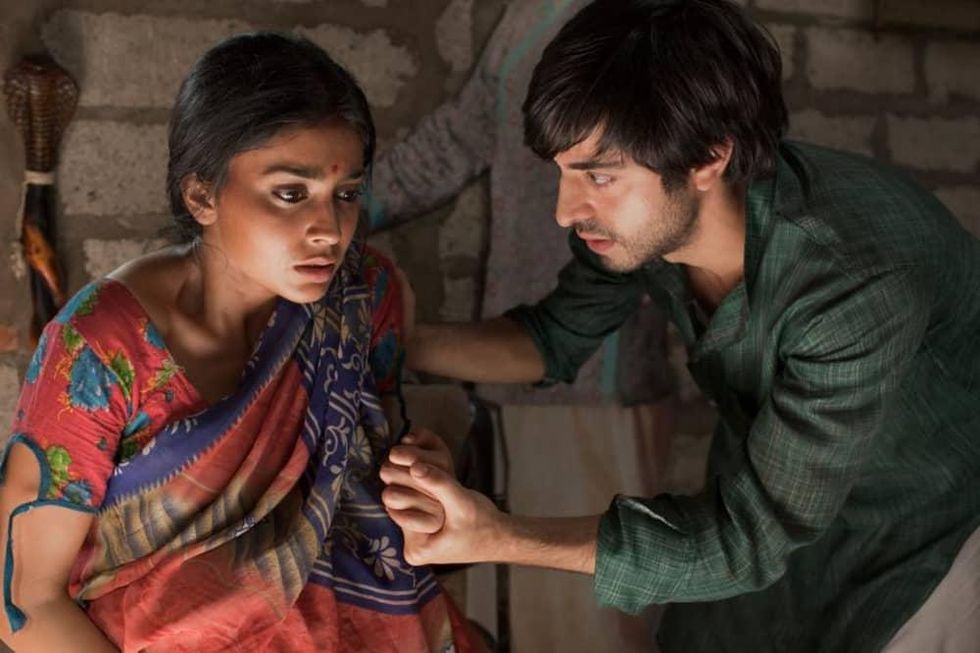Movie Magic
The spirit of India shines in 3 Dallas International Film Festival selections
Although countries around the world express their culture through film, few can boast about starting a film industry before actually becoming a country. But India can. In 1937, director Ardeshir Irani released the first color film made indigenously in India, and a mere 10 years later, the country gained its independence from Great Britain, ushering in a golden age of Hindi cinema.
Today, India produces almost 1,000 movies every year. (That’s double Hollywood.) Following this tradition come three DIFF 2013 films that feature India a backdrop, a life force and a character all its own.
In the documentary Beyond All Boundaries(playing April 6 and 7 at Angelika Film Center Dallas), director Sushrut Jain explores how India — divided by language, region and class — is united by its love for cricket. “The thing with cricket in India is that everyone, from the man on the street to high-ranking officials, love the sport,” says Jain. “The passion Indians have for cricket rivals football fans in Europe.”
“The thing with cricket in India is that everyone, from the man on the street to high-ranking officials, love the sport,” says Beyond All Boundaries director Sushrut Jain.
Filmed during India’s 2011 fight for the Cricket World Cup, the film weaves together three separate stories: Sudhir, a homeless superfan who bicycles extreme distances to attend the national team’s matches; Prithvi, a 12-year-old cricket prodigy who started winning championships at the age of 8; and 18-year-old Akshaya, an aspiring female player who gets by without electricity at home but wouldn’t dare miss practice.
For each, however, their utter devotion to cricket has its price, and the film offers insight into the balance they struggle to find between family life, high-stakes competitions and their personal dreams.
“These three dedicated people have latched onto cricket as a lifeline, financially or emotionally,” says Jain. “While others may crumble under the pressure, they persevere and go beyond.”
Equally as intimate in its portrayal of devotion is Blood Brother (playing April 10 and 11 at the Angelika), a documentary that follows a young American named Rocky Braat who left his life in Pittsburgh to become a caretaker for HIV-positive children in the southeastern Indian city of Chennai.
Inspired in part after watching a documentary on Mother Theresa, Braat traveled to India and became captivated at first by the country’s exotic beauty and then by the overwhelming love of these orphaned children.
“I didn’t anticipate the impact the country, or the kids, would have on me,” recounts director Steve Hoover, Braat’s best friend and former schoolmate. “I think living in these real conditions forces your heart to change.”
In Midnight’s Children, Saleem and Shiva are two boys born at the stroke of midnight on August 15, 1947, the very moment that India gained its independence.
The film captures the rawness of life in the orphanage, where Braat serves as a caretaker, teacher, amateur dentist, friend and father.
While he tries to help “his kids” fight their disease, he must also fight against the suspicions and superstitions of local people, some of whom have a more superstitious view of HIV/AIDS and who think that Braat’s involvement may actually make things worse.
Though Blood Brother is filmed in India, Hoover hopes it will have an appeal to anyone who watches it. “I don’t expect people to give up everything they own, but I wanted to show what Rocky was able to do with his life, and he’s just one guy.
“I want people to be inspired by love, the love Rocky found with these kids, and the impact it can have to make a difference.”
Another tale of love and national identity is Midnight's Children (playing April 7 at the Angelika), by Oscar-nominated Indian-Canadian director Deepa Mehta. Based on the 1981 novel by Salman Rushie, the film is a generation-spanning blend of history and fiction that serves as an allegory for the country of India.
“Handcuffed to history,” Saleem and Shiva are two boys born at the stroke of midnight on August 15, 1947, the very moment that India gained its independence. After being switched at birth, the two end up living separate lives intended for each other, while they realize they have mysterious supernatural powers that bind their destinies together.
As narrator, Saleem recounts the fortuitous circumstances that brought him, and India, into existence; like the country itself, he is the son of a wealthy Englishman and a beautiful but impoverished native woman. He is also stubbornly idealistic about his life and the world, while Shiva is more utilitarian, claiming that “the world is not ideas, the world is things!”
The two come to represent separate paths for India during its early stages of modernization, and as they grow along with the country, and as Pakistan then Bangladesh separate from the Indian subcontinent, they feel the pressure to remain true to their roots despite their complicated identities. Shot in secrecy in Sri Lanka with a formidable cast and crew, Midnight's Children is a beautiful ode to romance, optimism and national pride.




